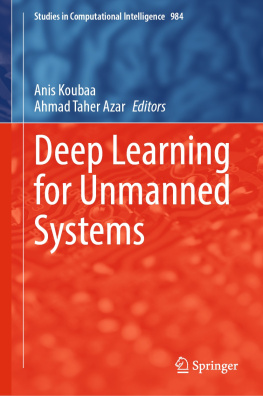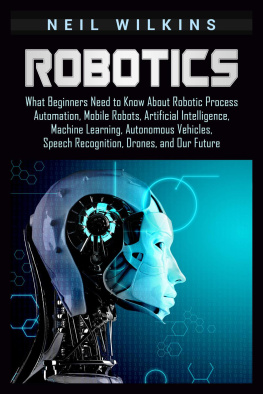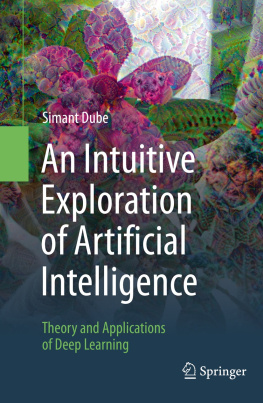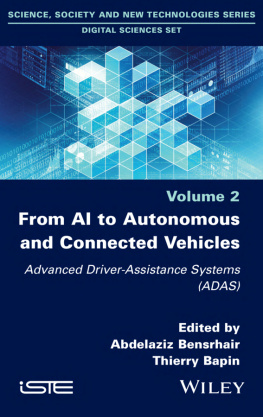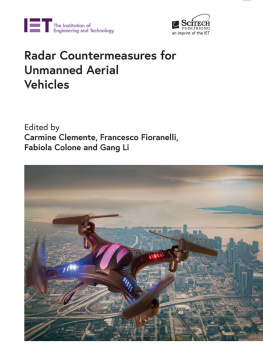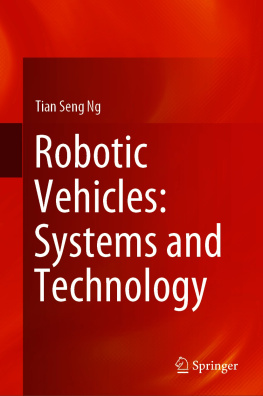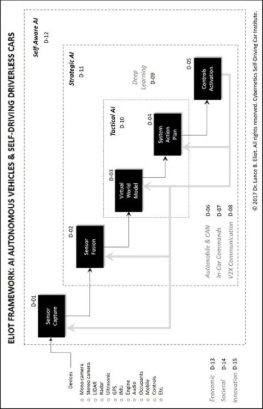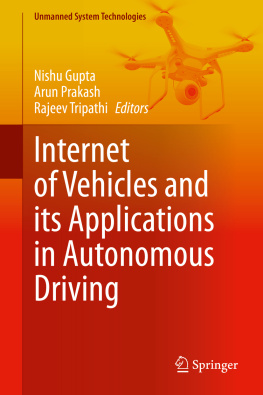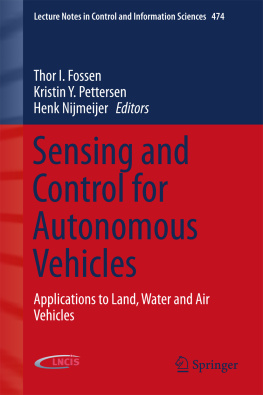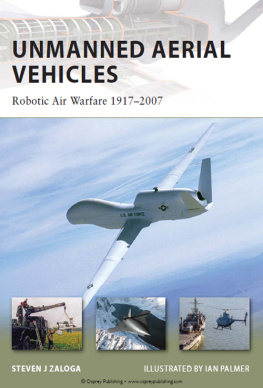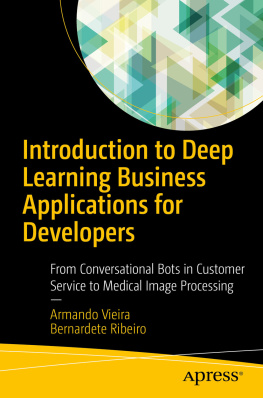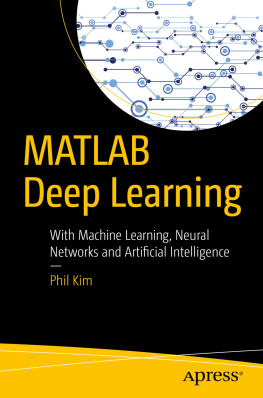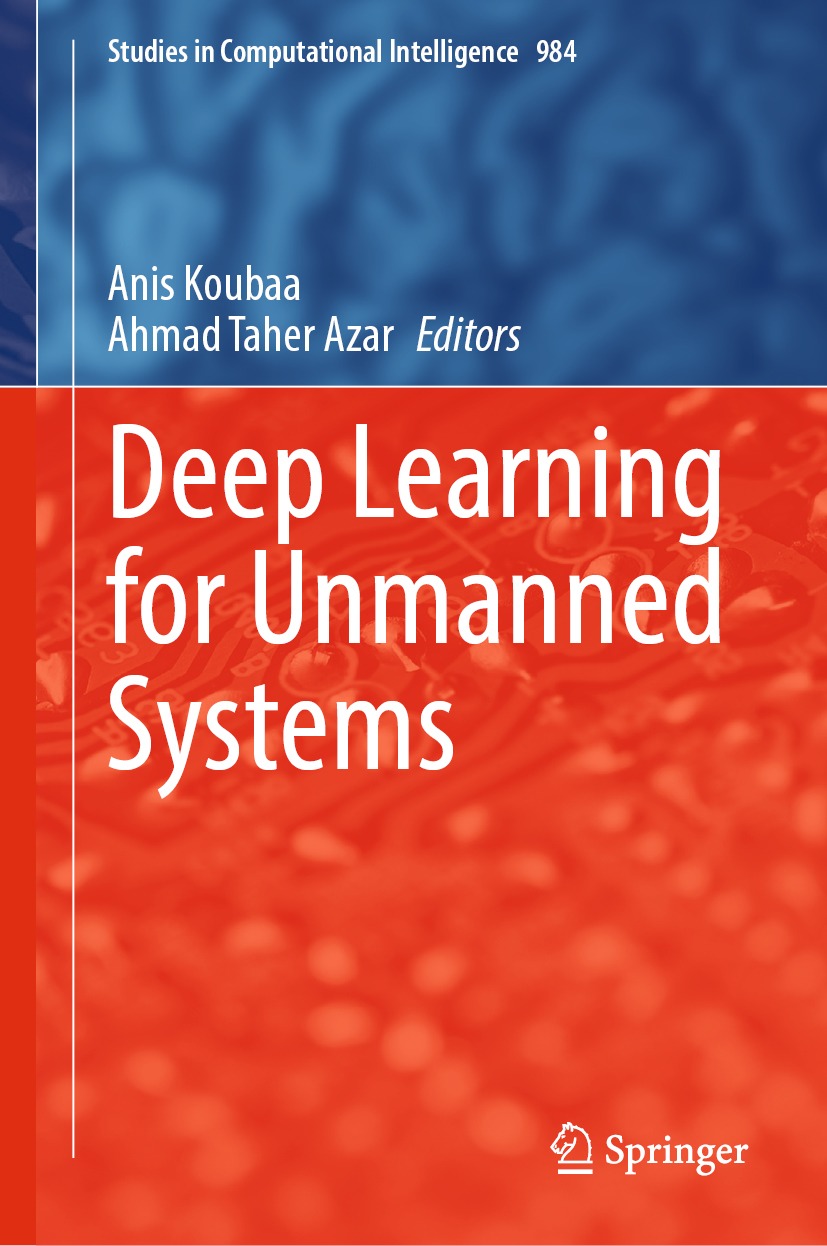Anis Koubaa (editor) - Deep Learning for Unmanned Systems (Studies in Computational Intelligence, 984)
Here you can read online Anis Koubaa (editor) - Deep Learning for Unmanned Systems (Studies in Computational Intelligence, 984) full text of the book (entire story) in english for free. Download pdf and epub, get meaning, cover and reviews about this ebook. year: 2021, publisher: Springer, genre: Romance novel. Description of the work, (preface) as well as reviews are available. Best literature library LitArk.com created for fans of good reading and offers a wide selection of genres:
Romance novel
Science fiction
Adventure
Detective
Science
History
Home and family
Prose
Art
Politics
Computer
Non-fiction
Religion
Business
Children
Humor
Choose a favorite category and find really read worthwhile books. Enjoy immersion in the world of imagination, feel the emotions of the characters or learn something new for yourself, make an fascinating discovery.
- Book:Deep Learning for Unmanned Systems (Studies in Computational Intelligence, 984)
- Author:
- Publisher:Springer
- Genre:
- Year:2021
- Rating:4 / 5
- Favourites:Add to favourites
- Your mark:
Deep Learning for Unmanned Systems (Studies in Computational Intelligence, 984): summary, description and annotation
We offer to read an annotation, description, summary or preface (depends on what the author of the book "Deep Learning for Unmanned Systems (Studies in Computational Intelligence, 984)" wrote himself). If you haven't found the necessary information about the book — write in the comments, we will try to find it.
This book is used at the graduate or advanced undergraduate level and many others. Manned and unmanned ground, aerial and marine vehicles enable many promising and revolutionary civilian and military applications that will change our life in the near future. These applications include, but are not limited to, surveillance, search and rescue, environment monitoring, infrastructure monitoring, self-driving cars, contactless last-mile delivery vehicles, autonomous ships, precision agriculture and transmission line inspection to name just a few. These vehicles will benefit from advances of deep learning as a subfield of machine learning able to endow these vehicles with different capability such as perception, situation awareness, planning and intelligent control. Deep learning models also have the ability to generate actionable insights into the complex structures of large data sets.
In recent years, deep learning research has received an increasing amount of attention from researchers in academia, government laboratories and industry. These research activities have borne some fruit in tackling some of the challenging problems of manned and unmanned ground, aerial and marine vehicles that are still open. Moreover, deep learning methods have been recently actively developed in other areas of machine learning, including reinforcement training and transfer/meta-learning, whereas standard, deep learning methods such as recent neural network (RNN) and coevolutionary neural networks (CNN).
The book is primarily meant for researchers from academia and industry, who are working on in the research areas such as engineering, control engineering, robotics, mechatronics, biomedical engineering, mechanical engineering and computer science.
- The book chapters deal with the recent research problems in the areas of reinforcement learning-based control of UAVs and deep learning for unmanned aerial systems (UAS)
- The book chapters present various techniques of deep learning for robotic applications.
- The book chapters contain a good literature survey with a long list of references.
- The book chapters are well written with a good exposition of the research problem, methodology, block diagrams and mathematical techniques.
- The book chapters are lucidly illustrated with numerical examples and simulations.
- The book chapters discuss details of applications and future research areas.
Anis Koubaa (editor): author's other books
Who wrote Deep Learning for Unmanned Systems (Studies in Computational Intelligence, 984)? Find out the surname, the name of the author of the book and a list of all author's works by series.

